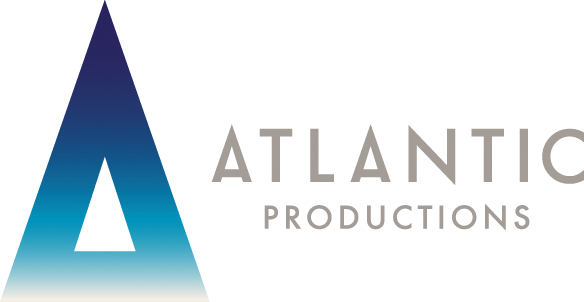
Chapter Four
The Future Reef
Heron Island
In the southern reaches of the Great Barrier Reef lies The University of Queensland's Heron Island Research Station. Its idyllic location belies the importance of the work being done here by dedicated researchers and staff. We'll tour the island with Ben Potts finding out about the lives of scientists on the front line of reef research, and we'll meet a leading coral scientist whose simple experiment has a very clear message at its heart.


